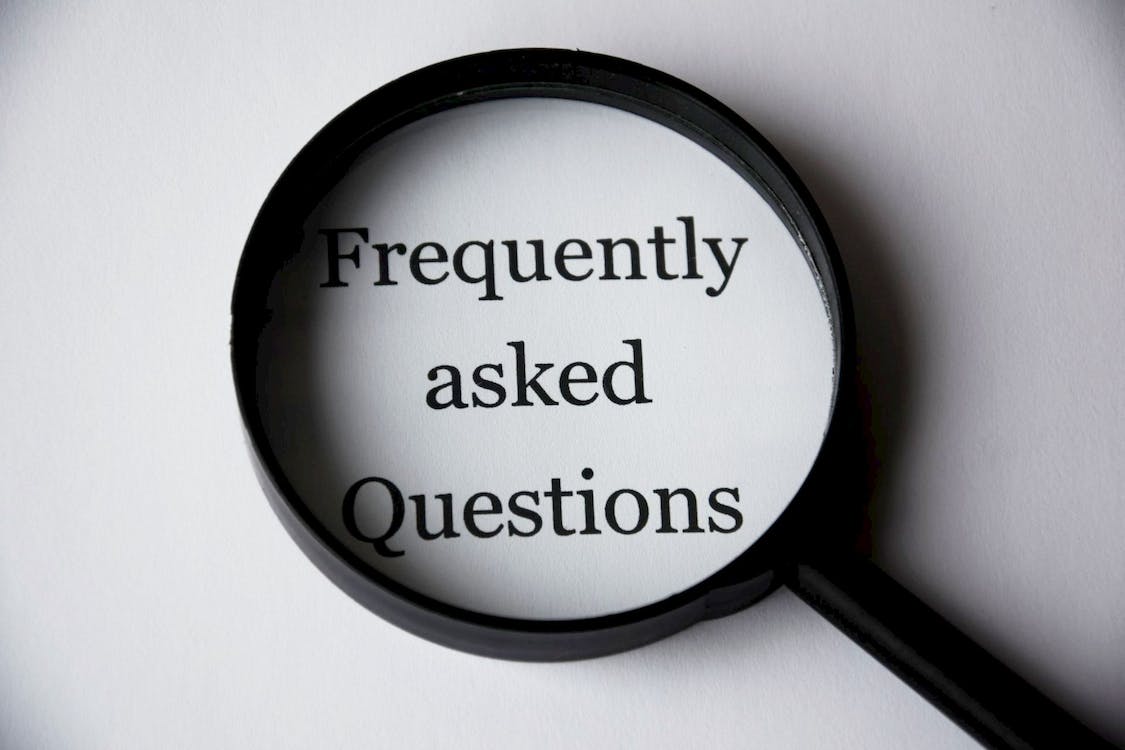
A woman holding a cup of coffee. (Photo by Sam Lion from Pexels)Are you tired of forgiving people you love?
Is there a point wherein you asked yourself or God, Lord, how often should I forgive them? Should we limit giving forgiveness to people, especially if they keep on hurting us?
Peter even asked Jesus Himself in Matthew 18:21. He asked, “Lord, how many times shall I forgive my brother or sister who sins against me? Up to seven times?”
Perhaps, like Peter, we too feel weary of forgiving others, but Jesus wants us to understand that forgiveness does not have a particular limitation- it is called abundance of grace.
In this blog, we will look into what Jesus said and means about how many times we should forgive others.
Forgive seventy times seven
“Jesus answered, “I tell you, not seven times, but seventy-seven times.” – Matthew 18:22
Does Jesus Christ mean we are to forgive those who sin against us 490 times? The answer is no.
Jesus Christ was not setting a limit for Christians to forgive only up to 490 times. He means that we should continue to forgive with as much grace the thousandth time as we did the first time.
Forgiveness does not have a number. As long as we live under God’s grace, we are to forgive others as God keeps forgiving us for our sins.
God’s abundant grace does not have a specific limitation. He continuously forgives us for our shortcomings and sins because of His grace. God does not count and does not define us by our sins.
Once He has forgiven us, our sins are washed away, and we become clean and white as snow. He is faithful and just to forgive those who confess their sins. He will purify us from all unrighteousness (1 John 1:9)
Parable of the unforgiving servant

A bunch of silver coins. (Photo by Kevser from Pexels)After Peter asked the Lord how many times we should forgive, Jesus told them the parable of the unforgiving servant so we could clearly understand what He means about forgiving seventy times seven. (Matthew 18:23-35)
Jesus explained how the kingdom of heaven looked through the parable when a king wanted to settle accounts with his servant. The man owed him ten thousand bags of gold, and because he could not pay, the king ordered that he, his wife, his children, and all that he had to be sold to pay off his debts.
However, the servant begged the king and fell on his knees before him. He asked the king to be patient with him as he would pay back everything. The master took pity on him, so he canceled all his debts and just let his servant go.
Then, when the servant went out, he saw his fellow servant who owed him a hundred silver coins. He grabbed and choked him. He demanded him to pay back his money. His fellow servant begged him and fell on his knees, asking him to be patient as he would return his debt.
The servant refused and imprisoned the man until he could pay him. Meanwhile, other servants saw what happened and told their master everything.
The king got furious and called the servant. He said, “You wicked servant,’ he said, ‘I canceled all that debt of yours because you begged me to. Shouldn’t you have had mercy on your fellow servant just as I had on you?”
Because of his anger, he handed his servant over to the jailers so they could torture him until he paid back all he owed.
Thus, Jesus emphasized that this is how our Heavenly Father will treat us unless we forgive our brother or sister from our hearts.
What about our feelings?

“Frequently asked questions.” (Photo by Pixabay from Pexels)Does that mean our pains are not valid? If we are to keep forgiving those people who cause us misery, then does it mean we just have to tolerate them?
Forgiving others does not mean we allow them to keep hurting us, but it is about freeing ourselves from the poison that resentment has brought into our lives. It is okay to set boundaries to protect ourselves from the pain.
“Resentment is like drinking poison and then hoping it will kill your enemies.” – Nelson Mandela”
Our pain could break us, not the person who caused it. That is why God instructs us to forgive continuously.
God understands our pain and does not demand us to invalidate our emotions to forgive people. Remember that God is close to the brokenhearted, and He binds up the wounds. (Psalm 147:3)
Besides, forgiving others is part of our healing as God binds up the wounds. We cannot do it alone, but we need God’s grace every day to have the courage to forgive others.
How do you forgive continuously?

A woman talking to a psychologist. (Photo by Svhets production from Pexels)Forgiving others, a crucial part of being a Christian goes beyond forgiving a few times—it’s about ignoring a whole bunch! In this exploration,
Here are some practical ways to forgive, understanding how it can make our hearts feel better and bring us closer to God.
Recognize the purpose of forgiveness
Embrace the understanding that forgiveness is not a validation of wrongdoing but a liberation from the weight of resentment.
Acknowledge that holding onto grudges impedes spiritual growth, and true forgiveness involves letting go.
Let go and entrust to God
Choose to release the grip of resentment, recognizing that ultimate justice belongs to God. This intentional act of surrender allows for personal healing and spiritual freedom.
Pray for strength and grace
Engage in fervent prayer, seeking strength from God to forgive continuously. Recognize that forgiveness is not solely a human effort but a divine collaboration, drawing on God’s grace for the journey.
Pray for the offender
Extend your prayers to the one who has wronged you, fostering compassion and empathy. Praying for their well-being can create a space for God’s love to work in your heart and theirs.=
Reflect on God’s mercy
Regularly reflect on the boundless mercy God extends to you, using it as a source of inspiration for developing the same compassion for others. Understanding your own constant need for forgiveness enhances your capacity to forgive.
Acknowledge your imperfections
Cultivate humility by acknowledging your flaws and imperfections. This acknowledgment fosters a softened heart, making it easier to empathize with the imperfections of others.
Strive for empathy
Put yourself in the shoes of the person who wronged you, seeking to understand their perspective without justifying their actions. Empathy opens the door to compassion and facilitates the healing process.
Nurture a forgiving heart
Take intentional steps toward forgiveness, understanding it as a ongoing journey, not just a destination. You nurture a heart capable of continuous forgiveness by actively letting go, praying, reflecting, and empathizing.
Mirror God’s boundless forgiveness
Aspire to mirror the limitless forgiveness God extends to us daily. Embodying this divine attribute promotes love, reconciliation, and spiritual growth in your Christian walk.
Keep on forgiving
Whenever we feel exhausted about forgiving others, remember the story Jesus told about forgiving? It’s like when God forgives us, and then we forgive others. Let’s choose to forgive abundantly, mirroring the boundless forgiveness God extends to us.
So, as we deal with times that hurt, let’s keep on forgiving. It’s not just for others; it’s for us too. Forgiving a lot is like making the world better, one forgiveness at a time. Let’s be like God, showing kindness and forgiveness to everyone.
Republished with permission from Blogs.crossmap.com, featuring inspiring Bible verses about How many times should I forgive?
